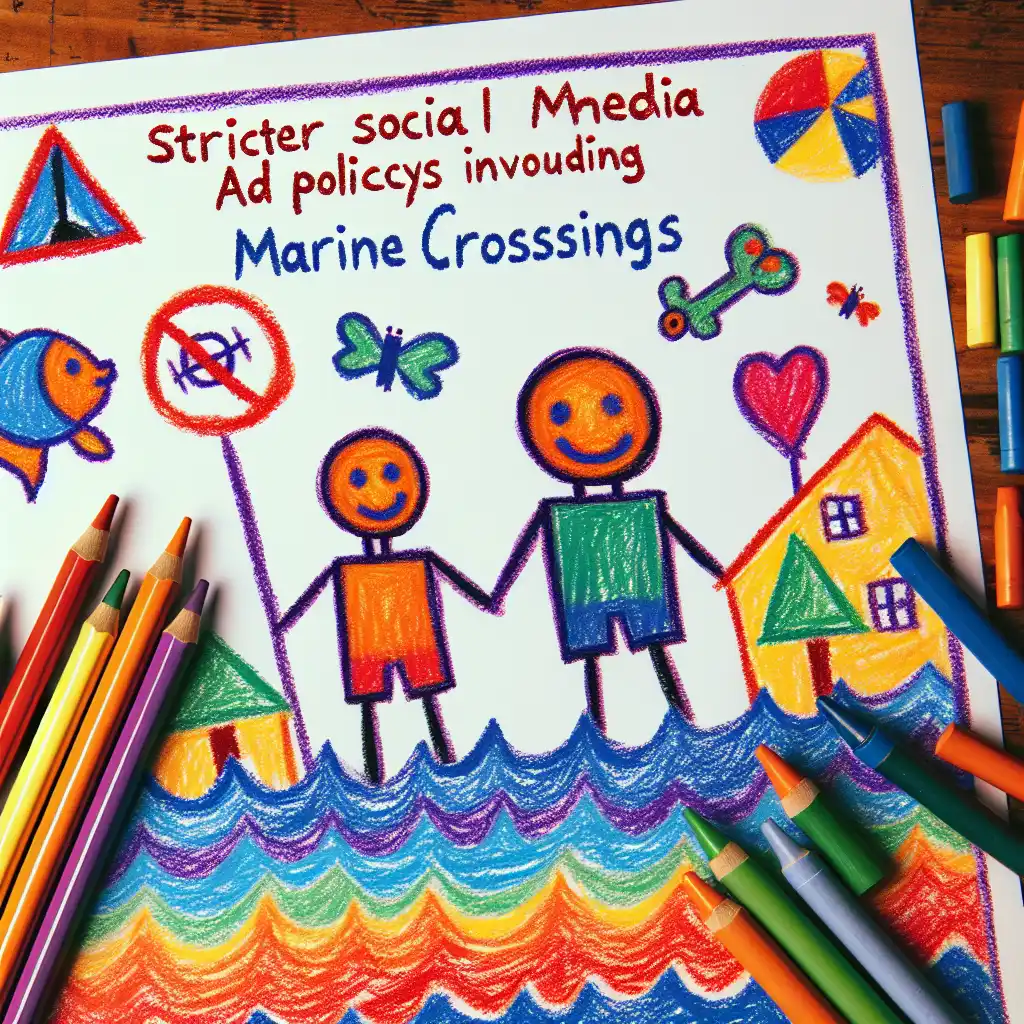Crackdown on Channel crossing social media adverts

Explain Like I'm 5
Imagine you have a rule at school that says you can't trade stickers during class because it distracts everyone. Now, imagine if someone started making posters telling everyone how and when to trade stickers secretly. The teachers would definitely want to stop that person from making those posters, right? Well, something similar is happening but with adults. The government is saying "no" to people who are using the internet to tell others how to travel across a big water area called the Channel without following the rules. If someone is caught making these online posters, they could be in big trouble, like being sent to their room for a very long time (up to five years).
Explain Like I'm 10
You know the English Channel, the water between England and France? Some people try to cross it to get to the UK, but they aren't always following the official rules to enter the country. Now, the UK government is focusing on stopping ads on social media that encourage or help people to make this risky journey illegally. It’s like when you’re playing a video game and there’s a cheat that skips you ahead, but using it could mess up your game or even get you banned. The government thinks these ads are like those cheats and can be really dangerous.
The people posting these ads are not playing by the rules, and now there’s a new rule that says if you help others cross the Channel without following the legal steps, you could go to jail for up to five years. It’s a serious punishment because the journey is dangerous and not the right way to enter a country.
Explain Like I'm 15
The English Channel is a popular, albeit perilous, route for migrants trying to enter the United Kingdom from mainland Europe, particularly from places like France. Many of these crossings are facilitated by smugglers who, among other methods, advertise their services on social media platforms. These ads often promise safe passage across the Channel, which is not only illegal but extremely dangerous due to the busy shipping lanes and unpredictable weather.
In response, the UK government is cracking down on these social media advertisements with a new law. Anyone found guilty of promoting these illegal crossings online could now face up to five years in prison. This is part of broader efforts to control immigration and strengthen borders, reflecting ongoing political and public pressure to address these issues.
Historically, the UK has grappled with the challenge of illegal immigration and the risks associated with irregular Channel crossings. These new measures are an attempt to deter the facilitation of such journeys by cutting off a significant recruitment tool - social media. The broader implications could affect freedom of expression debates, the role of social media in public policy, and the ongoing humanitarian concerns regarding migrants' rights and safety. What happens next could reshape aspects of both digital and immigration policy in the UK, prompting discussions on international cooperation and the ethical dimensions of migration management.
Want to read the original story?
View Original Source